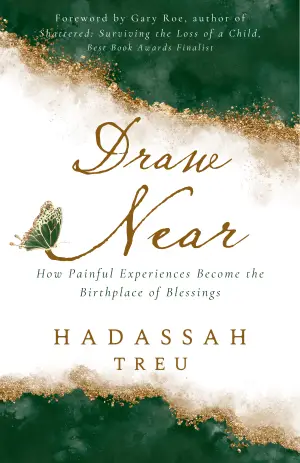A Journey of Heart and Wilderness: My Thoughts on The Great Alone
Kristin Hannah’s The Great Alone caught my eye not just for its breathtaking cover, but also for its powerful exploration of family dynamics against the wild backdrop of 1970s Alaska. I’ve often been drawn to stories set in remote locations where nature plays a pivotal role. Still, with Hannah at the helm, I found myself diving into a narrative that felt profoundly relatable and heartbreakingly raw.
The novel tells the story of the Allbright family: Ernt, a Vietnam veteran grappling with his harrowing experiences; Cora, a devoted wife torn between love and the brutal realities of her life; and Leni, their teenage daughter trying to navigate the stormy relationships around her while yearning for a sense of belonging. The family’s move to Alaska, ostensibly a chance for a fresh start, quickly turns into a bitter fight for survival, both against the relentless wilderness and the demons lurking within their own home.
One of the most compelling themes in The Great Alone is the resilience of the human spirit. The relationships are intricate and beautifully depicted, especially Leni and her mother’s bond, which mirrors the beauty and treachery of the Alaskan landscape itself. Hannah writes with an evocative style that immerses you in the stark beauty and fierce unpredictability of Alaska—much like its inhabitants. Phrases like “Alaska was full of fringe-ists” and “here, where survival is a choice that must be made over and over,” resonate deeply, encapsulating the duality of beauty and danger that permeates the story.
Hannah’s prose is both poetic and accessible, maintaining a steady pace that keeps the reader invested in Leni’s journey toward self-discovery amidst the chaos at home. Notably, her talent for weaving emotional depth into her characters is masterful; you’ll find yourself empathizing with their struggles, feeling Leni’s fear, and Cora’s quiet desperation.
One line that stood out to me was, “Love and fear. The most destructive forces on earth.” This encapsulates the heart of the novel, depicting how love can bind us while also suffocating us in the right—or rather wrong—circumstances. Hannah’s ability to pair such weighty truths with the stark imagery of the Alaskan wilderness is nothing short of extraordinary.
While the story is undeniably heavy—addressing themes of domestic abuse and survival—the moments of community, friendship, and hope shine through. The local Alaskan characters add a rich layer to the narrative, showcasing a tapestry of lives interwoven with the land, and highlighting the importance of connection in the face of adversity.
In conclusion, The Great Alone is not just a tale of endurance against nature; it’s a poignant exploration of familial love, trauma, and resilience. If you’re looking for a narrative that invites deep reflection on personal struggles intermixed with breathtaking landscapes, this book is a must-read. It will not only provoke thought but will also linger in your heart long after the last page is turned. Perfect for anyone who enjoys emotionally charged stories with strong character arcs and a vivid sense of place, The Great Alone is a literary journey worth taking.






